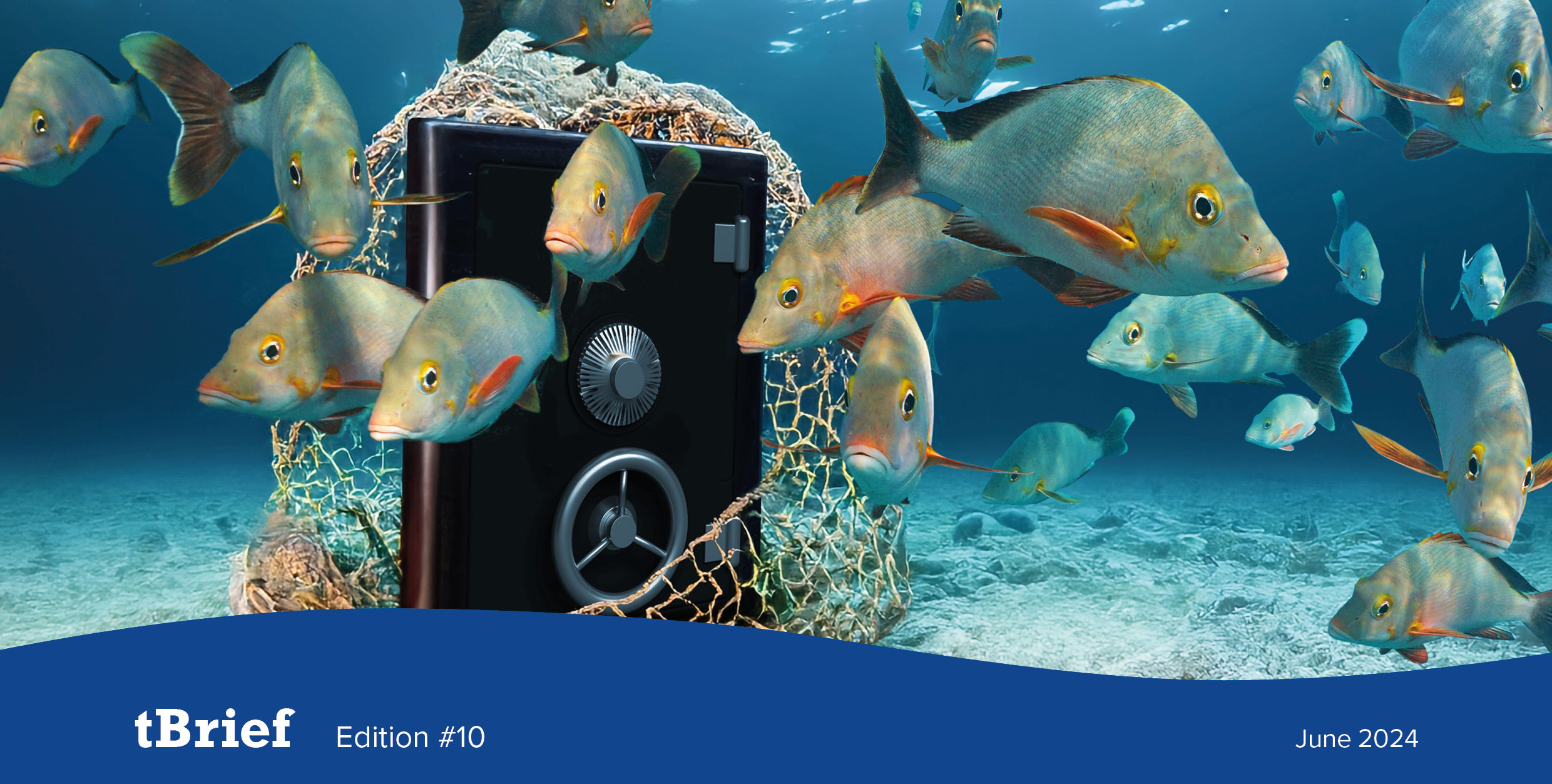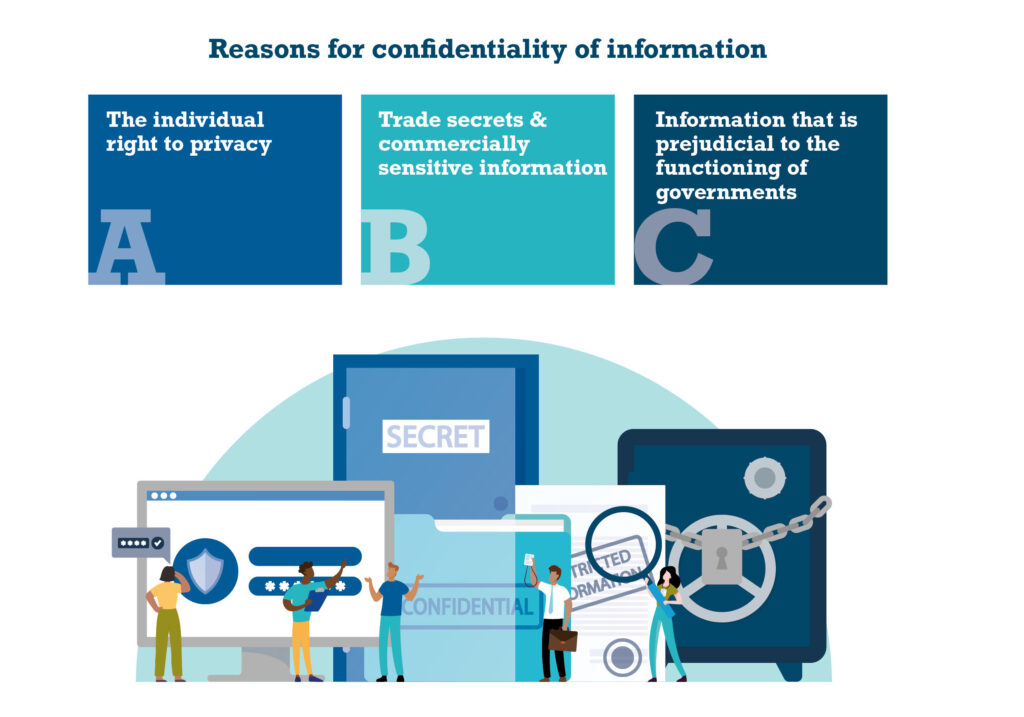tBrief #10 – Confidentiality of fisheries information: Are there legal limits to transparency?

The argument that people have the right to information on how natural resource sectors are managed, such as fisheries, was established in Principle 10 of the Rio Declaration in 1992 and has since become a rallying cry for freedom of information advocates. The importance of public access to government information was later reiterated in the UN Sustainable Development Goals (SDGs), where Target 16.10 calls on all states to adopt legislation or policies guaranteeing the right to information, which is expressed as an enabler to achieving all other SDGs.
The challenge, however, is that the public right to information often comes up against competing and sometimes invalid claims for the confidentiality of data. So where should we draw the line?
Governments may prevent the public from accessing certain information for legitimate reasons, such as ensuring the safety of people or to protect commercial interests. At the same time, access may be restricted for illegitimate reasons, such as to hide corruption.
The tension between public access to information and confidentiality is important in fisheries, and was a key consideration when developing the FiTI Standard, in particular regarding the contracts of foreign fishing access agreements, data on catches, ownership of vessels and information on law enforcement.
In each case, there are strong arguments for transparency based on the Freedom of Information (FOI) principle of public interest. Nevertheless, many governments and fishing industry representatives still view these types of information as confidential. Competing claims for the public right to know vs. the right to confidentiality are sensitive issues in the fisheries sector.
In our latest transparency brief (‘tBrief’) we discuss some of the most contentious claims for confidentiality of fisheries information, looking specifically at transparency requirements in the FiTI Standard. It also asks a key question: whether there are legitimate reasons why some types of information on fisheries management should be hidden from public view, and if so, what is this information, and what are the reasons?
As momentum builds for transparency in fisheries, more debate must be given to this subject. This should consider the compelling benefits for fisheries management where public access to government information has been achieved, for example in FiTI implementing countries.
We hope that you enjoy reading this tBrief. If you have any comments, questions or suggestions, please contact us.
You can download this tBrief in the following four languages:
This publication is funded by the Gordon and Betty Moore Foundation.
Interested in learning more? Past editions can be found on our tBriefs page.
